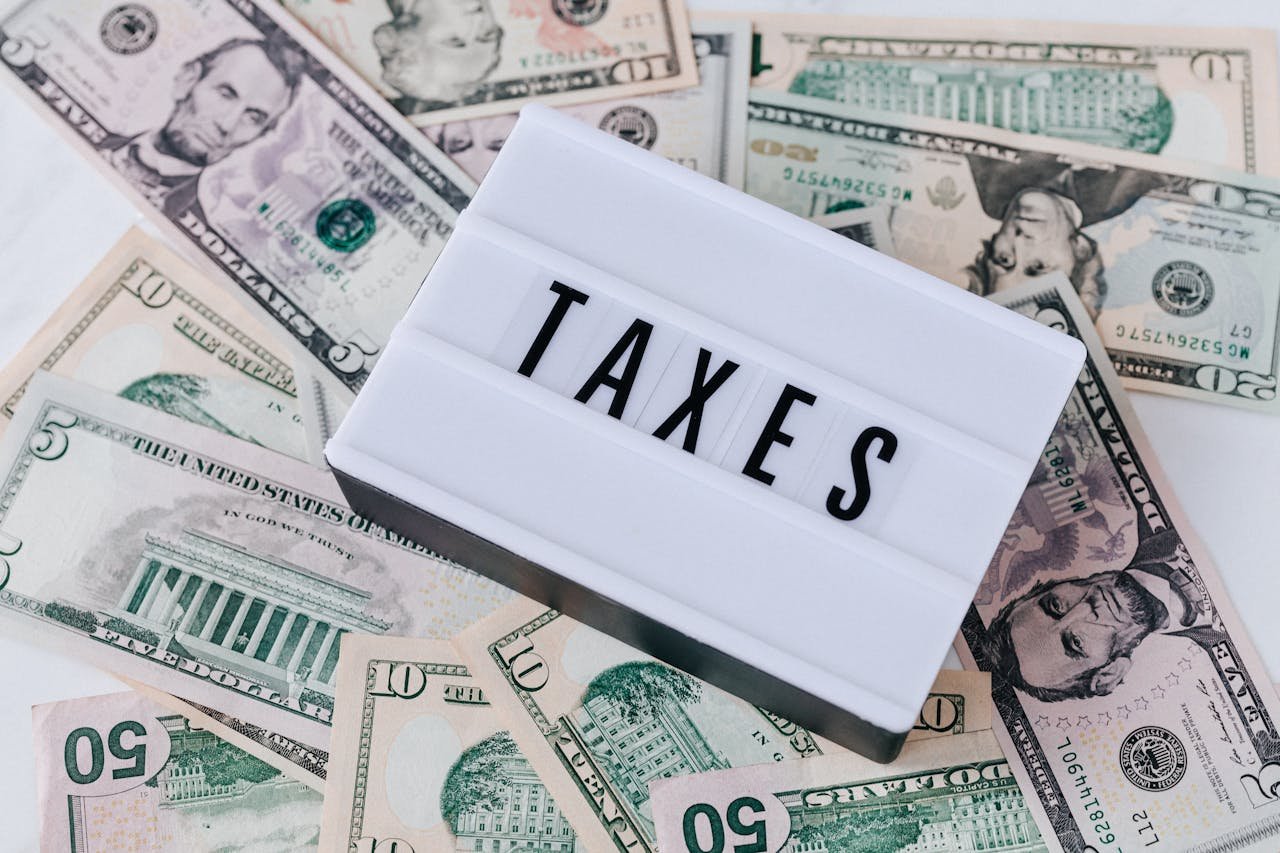Doha, known for its business-friendly environment, offers numerous advantages to companies, including a favorable tax regime. Understanding the tax implications is crucial for any business looking to set up and operate in Doha effectively. This guide will provide an overview of the key tax considerations for businesses in Doha, helping you navigate the tax landscape with confidence.
1. Corporate Income Tax
Overview
One of the most attractive features of Doha’s tax regime is the absence of corporate income tax for most businesses. However, there are exceptions, particularly for oil companies and branches of foreign banks.
Key Points
- Zero Corporate Tax: For most businesses, there is no corporate income tax in Doha.
- Exceptions: Oil and gas companies and foreign bank branches are subject to corporate tax, which can range from 20% to 55%.
- Freezone Benefits: Businesses operating in Freezones typically enjoy a tax holiday for 15-50 years, depending on the Freezone.
Implications
For the majority of businesses, the absence of corporate tax significantly reduces the tax burden, enhancing profitability and encouraging investment.
2. Value Added Tax (VAT)
Overview
Introduced in 2018, VAT is a consumption tax levied on the majority of goods and services at each stage of the supply chain.
Key Points
- Standard Rate: The standard VAT rate in the Qatar, including Doha, is 5%.
- Registration Threshold: Businesses with an annual turnover of AED 375,000 or more must register for VAT.
- Zero-Rated and Exempt Supplies: Some goods and services, such as exports, certain educational and healthcare services, and residential properties, may be zero-rated or exempt from VAT.
Implications
Businesses need to account for VAT in their pricing and maintain accurate records to comply with VAT regulations, including filing periodic VAT returns.
3. Customs Duty
Overview
Customs duty is levied on goods imported into Doha. The duty rates vary depending on the nature of the goods.
Key Points
- Standard Duty Rate: Generally, the customs duty rate is 5% of the cost, insurance, and freight (CIF) value of the goods.
- Exemptions: Freezones offer customs duty exemptions for goods imported and re-exported within the Freezones.
Implications
Importers must factor in customs duties when pricing their goods. Businesses in Freezones can benefit from exemptions, reducing overall costs.
4. Excise Tax
Overview
Excise tax is levied on specific goods deemed harmful to human health or the environment, such as tobacco, energy drinks, and carbonated beverages.
Key Points
- Rates: Excise tax rates are 50% for carbonated drinks and 100% for tobacco products and energy drinks.
- Scope: The tax applies to the import, production, and stockpiling of excisable goods.
Implications
Businesses dealing in excisable goods must register for excise tax and comply with reporting and payment obligations, affecting product pricing and profitability.
5. Personal Income Tax
Overview
Doha does not impose personal income tax on individuals, making it an attractive destination for expatriates and high-net-worth individuals.
Key Points
- Zero Personal Tax: There is no tax on salaries, wages, or other personal income.
- Social Security Contributions: Qatar nationals are required to contribute to the General Pension and Social Security Authority (GPSSA), but expatriates are exempt.
Implications
The absence of personal income tax enhances the disposable income of employees, which can be an attractive incentive for talent acquisition and retention.
6. Withholding Tax
Overview
There is no withholding tax on dividends, interest, and royalties paid by businesses in Doha to non-residents.
Key Points
- Zero Withholding Tax: This policy applies to most types of income, including dividends, interest, and royalties.
Implications
The lack of withholding tax simplifies financial transactions with foreign entities and encourages international business relations.
7. Economic Substance Regulations (ESR)
Overview
Introduced to align with international tax standards, ESR requires certain businesses to demonstrate adequate economic substance in the Qatar.
Key Points
- Applicability: ESR applies to entities engaged in specific activities, such as banking, insurance, investment fund management, and intellectual property.
- Compliance: Affected businesses must submit annual reports demonstrating economic substance in the Qatar.
Implications
Businesses must ensure compliance with ESR to avoid penalties, which may require maintaining physical offices, adequate staffing, and local expenditure.



